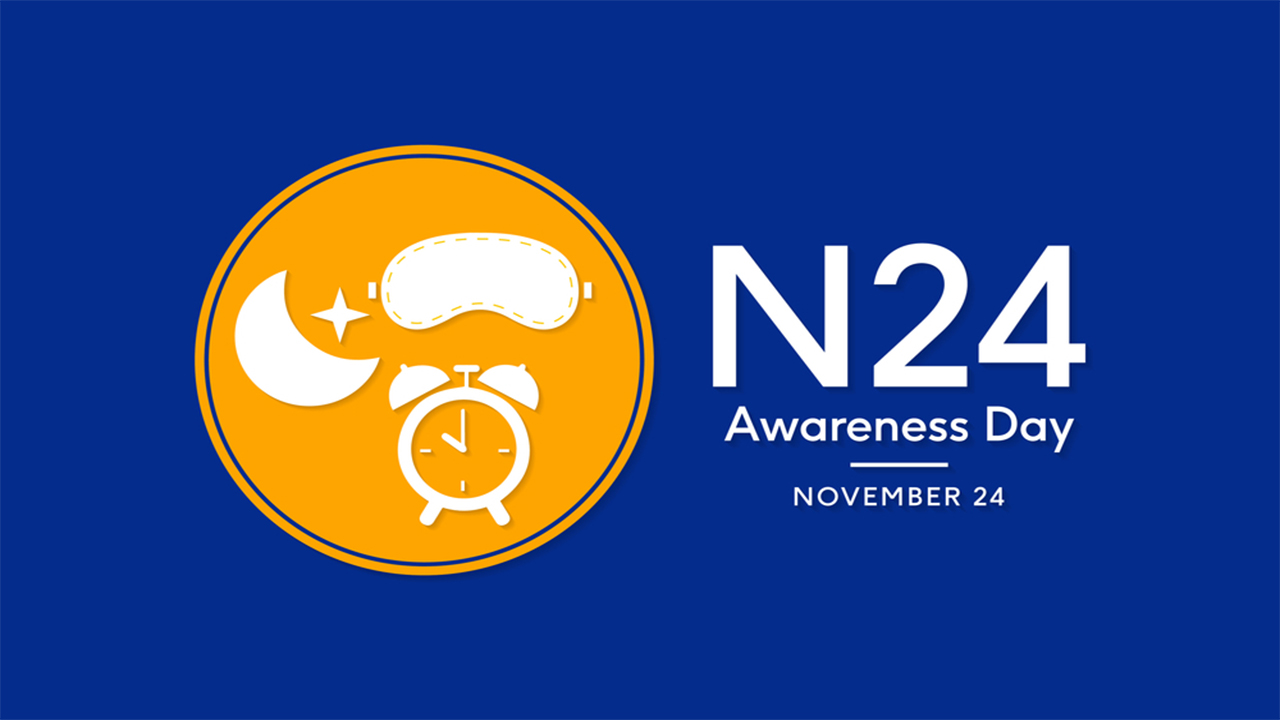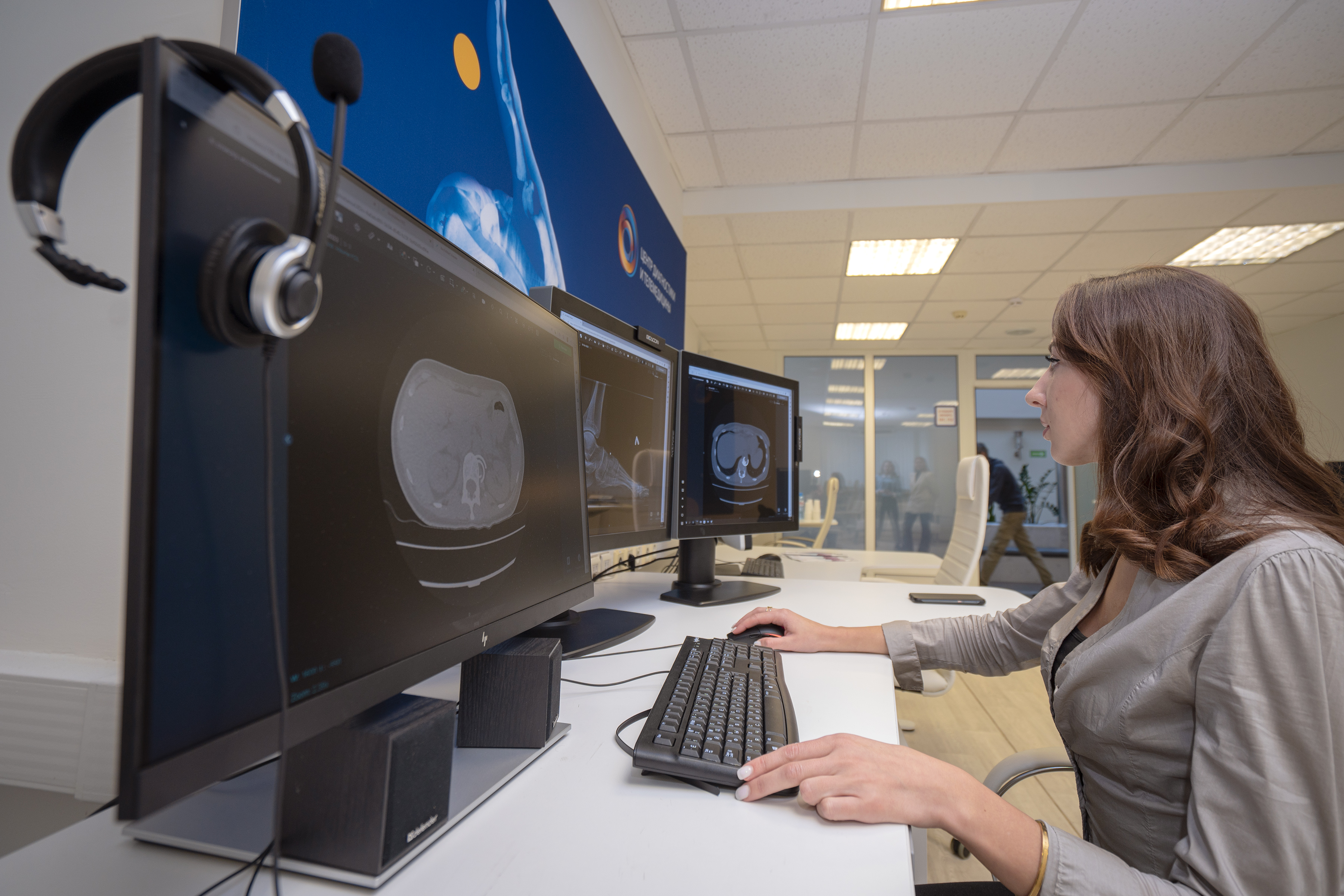N24, or Non24, is a neurological and circadian rhythm disorder (CRD) in which your inward clock is on a cycle longer than 24 hours. N24 successfully implies you hit the bed and get up later at least one hour every single day!
Albeit the vast majority with N24 are visually impaired, but there are individuals who are visually sound with N24 as well!
This issue is normally called a Non-24-hour sleep-wake condition, free-running disorder (FRD), or Hypernychthemeral problem.
A related CRD is Delayed Sleep Phase Syndrome (DSPS), frequently called Delayed Sleep Phase Disorder (DSPD). With DSPS, you can remain on a 24-hour circadian rhythm, yet can't nod off until the early hours of the morning (for example somewhere in the range of 2 to 6 a.m. or then again significantly later sometimes).
On the off chance that you’re Night Owl propensities aren't only a way of life, that is, you can't nod off and rise prior regardless of the amount you attempt be it for your school or job is on the line, you may have N24 or DSPS.
N24 and DSPS are neurological problems
Patients can't change their circadian rhythms through sheer self-discipline anything else than somebody with narcolepsy can make themselves remain conscious or somebody with epilepsy can make their seizures stop since they need to. Circadian rhythm problems are neurological issues because of breakdowns in the suprachiasmatic core in the mind which are the body's "master clock", as of late found characteristically photosensitive retinal ganglion cells (ipRGCs) in the eyes, which react to light, or potentially desynchronized collaborations with the body's other natural timekeepers.
CRDs can truly wreck you
Circadian Rhythm Sleep Disorders (CRSD) are a group of sleep issues portrayed by a mal-synchronization between an individual's natural clock and the ecological 24-hour plan. These problems can prompt unsafe mental and utilitarian challenges and are frequently misdiagnosed and mistakenly treated because of the way that specialists are uninformed of their reality.
One of the most prompt negative outcomes of N24 and DSPS, in any event for the individuals who are compelled to live on a 24-hour, socially-acknowledged sleep/wake time plan, is lack of sleep. On the off chance that you can't sleep until 3 am even though you need to get to work by 7 am, you will develop some serious sleep obligation.
Constant lack of sleep is something beyond a bother, it has genuine physiological outcomes.
What can be done?
Treatment for a circadian rhythm problem can include effectively coordinated morning light treatment, evening light limitation, and melatonin. A few people have more accomplishments than others, and for a few, treatment doesn't work by any means.
-
Regularly, treatment for a CRD begins with light treatment, or morning brilliant light called phototherapy and it includes sitting before a light-box for 30mins to an hour when you awaken. This invigorates the ipRGCs in a similar way that daylight would. It's a decent arrangement throughout the colder time of year or for those living in nations closer to the poles. Many individuals appear to have achieved utilizing just light treatment.
- Yet, similarly morning light can reset your rhythm; evening light can fool your cerebrum into believing it's morning, making it difficult to nod off at a particular time since PC screens, i-pads, and PDAs can likewise move your cycle, even in individuals without a CRD!
Due to this affectability to the night light, morning brilliant light treatment isn't sufficient for certain individuals. They're not ready to move their timetable or remain in a 24-hour mood in any event, when utilizing splendid light in the first part of the day. So they attempt melatonin, however, it can make them drowsy or discouraged the following day. This is the place where night light limitation comes in. It's additionally called dim treatment or scototherapy.
- Night light limitation, or Scototherapy, can be utilized to balance the impacts of natural light at night. It comprises of wearing blue-impeding glasses at night hours before bed, successfully counteracting its morning signal coming from all the light sources in your current circumstance. In the event that blue-impeding glasses aren't sufficient, you may attempt glasses that solitary let through 1 or 2% of the noticeable light. You can make your own by putting gel shading channels before blue-impeding focal points. You can likewise put shading channels over light sources, for example, your PC, tablet, or telephone screen, or over lights (NOT incandescent lights! These gels are not fireproof so utilize your good judgment and don't put over lights which produce a ton of warmth).
- You may begin by putting your scototherapy glasses on 4 to 6 hours before your current sleep time. On the off chance that your optimal sleep time is numerous hours prior to your present sleep time, you may have a go at moving in little augmentations. For instance, you typically nod off at 4 am even though you need to nod off at 11 pm. Try not to begin with putting your glasses on at 7 pm as your circadian cadence can't generally take such enormous leaps. All things being equal, target nodding off at 3 or 3:30 am, so put your glasses on at 11 pm. Work your way back prior and prior throughout the span of a couple of days or weeks, maybe focusing on 15 or 30 minutes sooner like clockwork.
- A similar methodology can be utilized for light treatment: don't simply drive yourself to awaken at 7 am and begin utilizing light treatment in the event that you regularly awaken at 1 pm. Start with awakening at 12:30 or 12:45 pm, utilize light and scototherapy, and move prior by 15-30 minutes at regular intervals. You may need to analyze to perceive what turns out best for you, and how quickly you can move your clock.
On the off chance that you have N24, the simplest is to stand by until you move around to your optimal sleep time and afterward utilize light and scototherapy to hold your timetable set up. You should begin scototherapy a couple of days before arriving at your optimal sleep time.
Track your prosperity utilizing one of these sleep journal instruments. It very well may be useful to remember extra data for the journal, for example, length and force of the light treatment, span and power of scototherapy, any medications or supplements and their measurements and timing, some other factors you think maybe influencing your sleep.
References:
https://abnormaldata.wordpress.com/2014/11/24/nov-24-n24-appreciation day/

 On the off chance that you’re sleeping habits aren't only a way of life, that is, you can't nod off and rise prior regardless of the amount you attempt be it for your school or job is on the line, you may have N24 or DSPS.
On the off chance that you’re sleeping habits aren't only a way of life, that is, you can't nod off and rise prior regardless of the amount you attempt be it for your school or job is on the line, you may have N24 or DSPS.









.jpeg)






.jpg)













